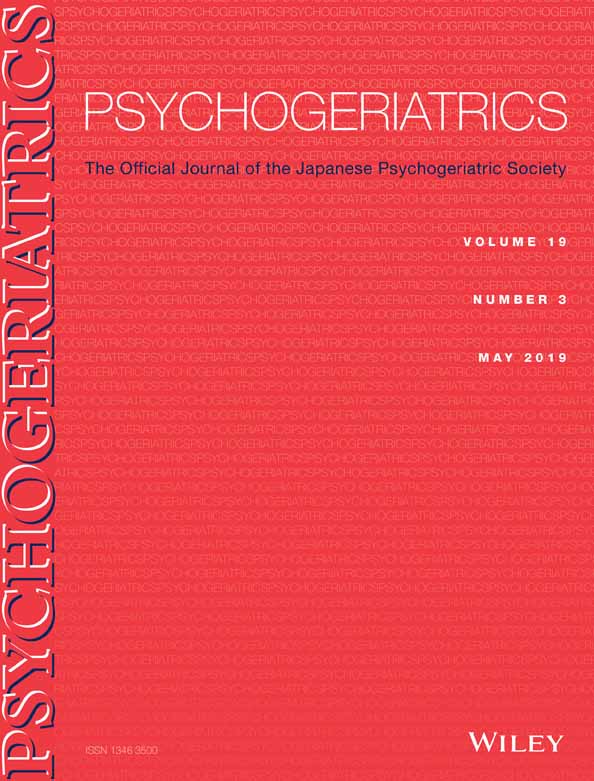Remarkable behavioural signs and progressive non-fluent aphasia in a patient with adult-onset leucoencephalopathy with axonal spheroids and pigmented glia
Abstract
Adult-onset leucoencephalopathy with axonal spheroids and pigmented glia (ALSP), also known as hereditary diffuse leucoencephalopathy with spheroids (HDLS), is a progressive neurocognitive disorder that predominantly affects the cerebral white matter, mainly the frontal subcortical areas and the corpus callosum. Patients with ALSP are clinically characterized by a gradual onset of cognitive and behavioural dysfunction and personality changes, followed by motor impairments such as gait disturbance and bradykinesia. Given the disease-related degenerative changes of the frontal white matter, it is no wonder that patients with ALSP present with behavioural symptoms and non-fluent aphasia, which are found in patients with frontotemporal lobar degeneration. However, behavioural symptoms and non-fluent aphasia in a patient with ALSP have rarely reported in detail. Here, we describe a patient with ALSP who initially presented with remarkable behavioural signs and non-fluent primary progressive aphasia, which resembled symptoms of frontotemporal lobar degeneration. The present case suggests that ALSP should be included in the differential diagnosis for frontotemporal lobar degeneration.




